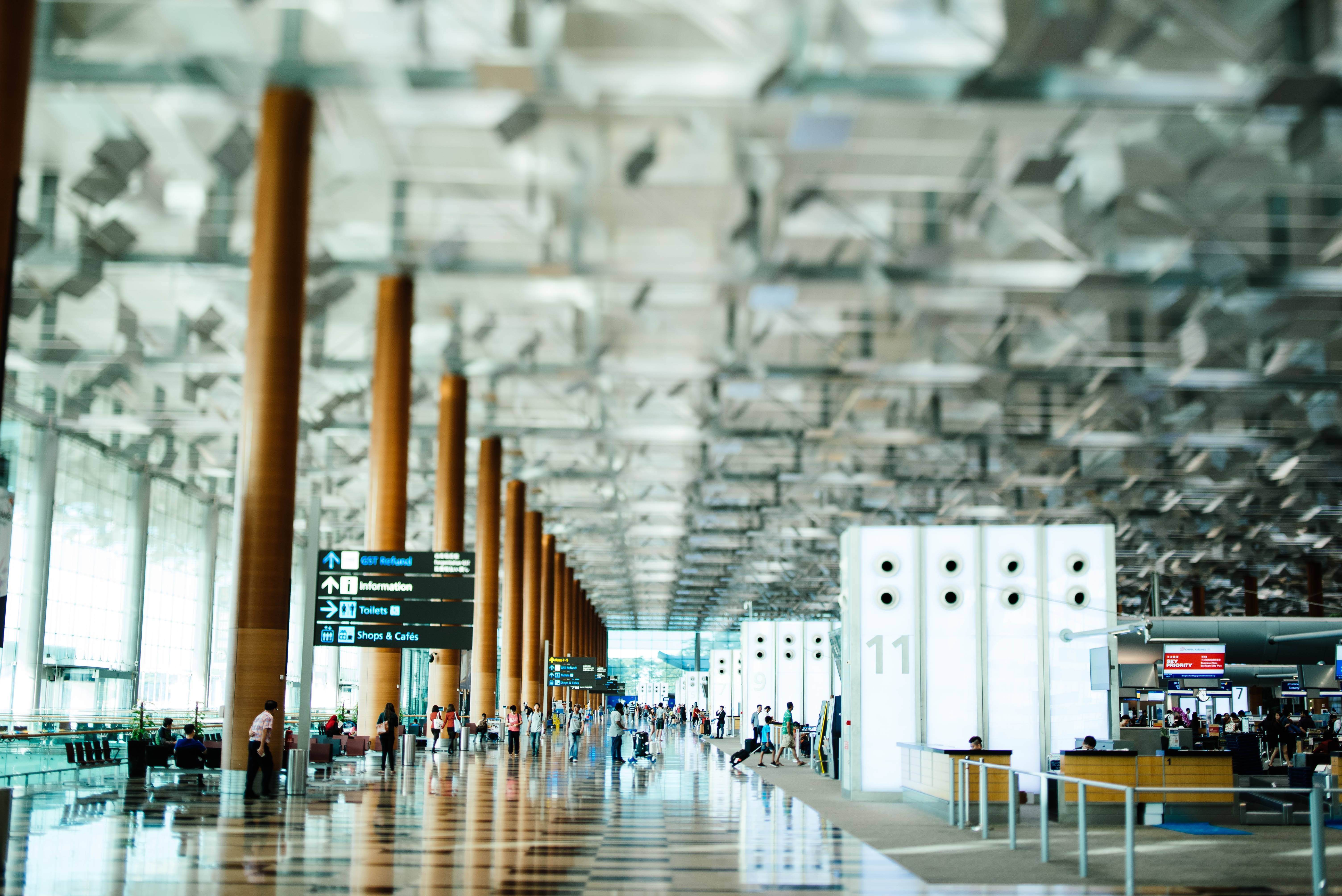

Bags? Check.
Tickets? Check.
Itinerary? Check.
Excitement? Check.
Emergency solutions? Hmmm...

Travelling can be one of the absolute electrifying undertakings to which people look forward to. But not every journey can conclude with the finest of memoirs due to unforeseen hindrances which you would have not once thought of been thrown your way.
They could come in all shapes and sizes; it could be a travel-associated emergency, a natural disaster or even an ill-fated unplanned occurrence.

The last thing on your mind would be an overseas emergency when all you should think about is the type of food you will devour, which tourist attractions to visit or envisaging about the next Instagram-worthy selfie you would be posting to boast about your journey.
Even with the best of planning, episodes like these can throw a real wrench in the vacation you so eagerly look forward to. Sufficient planning is essential to successfully circumnavigate a travel-related disaster, what to do during a natural disaster and to ensuring ways and means on how to prepare for a natural disaster.

For obvious reasons, natural disasters cannot be prevented but can be prepared for along with several other common travel-related catastrophes.
Here is a guide to some basic travel advice to help you start preparing for the worst.
Before departing for your trip ensure you have with you the local emergency hotline numbers like the police, fire brigade, hospital etc. kept in an accessible location like your wallet. (Generally, the number 112 will connect to help in many countries while 911 will direct your call to local emergency services as well)
![]()
To be on the safe side it would be wise to leave back a copy of the itinerary of your trip as well as keeping the folks back home informed on your whereabouts as well as your new contact details (like a local number if you wish to obtain one). They should be aware of the medium on how to reach you and vice versa in case of a crisis.

Pack a first aid kit which comprises of basic medical aids like crepe bandages, plasters, balm, motion sickness tablets, over-the-counter prescriptions for diarrhoea, Aspirin etc. that can cure any traveller's ailments.

If you are carrying valuables with you do not take them out when you go exploring. Lock them up in hotel safes. If you tote them around from place to place this will increase the likelihood of it being lifted from your bag.

No matter how much effort you convey your forces into when trying to safeguard your belongings there are probabilities of such cases arising where you either fall victim to pickpockets or you misplace important documentation which would be deemed as essential when travelling.
Perfectly the first thing you would want to do is contact local authorities and file a report by providing essentials like the date and time and supposed location of the AWOL item(s) and to ensure that your documents are not being utilized as a pawn for identity theft.

If it's a passport that has been misplaced and MIA, a photocopy of the lost passport can speed up the process of obtaining a fresh one.
In the case of lost cards, contact your bank straight away and have them deactivate your card to evade your entire savings being drained out.
Ailings are one of the most contributing factors for people having to cut short their vacation time due to improper planning before and after an episode of such.
Here's a guide of what to do before, during and after a medical disaster.
Make sure you are kept up-to-date with regards to health check-ups and prescriptions for any sort of tablets and drugs that you are consuming. Your best option would be to visit your consulting doctor, before you depart, and acquire the essential medicine and vaccination to avoid any sort of health and medical obstacles.
For example, if you are travelling to high altitude locations there are certain prescribed tablets like Diamox which needs to be taken. Yellow Fever vaccination could also be a considerable example when visiting the African countries.
If you have health insurance, inquire about the coverage you have on an international basis and be wary of keeping all bills intact in order to claim the charges from your travel/medical insurance.

Should you encounter a medical emergency during your travels, the key is to not panic. Seek local medical services by contacting one of the nearest hospitals. To make the process smoother ensure you have the local medical emergency contact numbers with you.
If you have a language barrier and if situated in a crowd, wild hand gestures and hand signals prove to be effective for circumstances like this where prompt attention is required.
Another alternative would be getting in touch with your travel insurance company and by doing so you will be directed to the nearest emergency room whilst being provided with language translation facilities.

Ensure you are updated with your relevant medical emergency and take measures to certify that the remainder of your trip is not ruined yet again by another similar occurrence. Visit the local hospital, if need be, for a check-up to stay at the top of your game.

Being a very common travel-related disaster, unfortunately for us nomads, it is not something that can be prevented if you are left stranded in an airport due to inclement weather conditions, strikes, delays or even lengthy transits.
As soon as you are brought to notice with regards to any delay, call your travel insurance provider. Their trip delay coverage policy may cover a hotel room while all matters are resolved and until when you're cleared to depart.

If your situation does not meet the requirements for you to claim such a facility your next best bet would be contacting the airport's passenger assistance department. This facility is present in many airports where they provide accommodation and if you're lucky, maybe an allowance which you can pamper yourself with.
P.s. There are worse places to be left marooned in the world. At least the airport has got Duty Free.

Tsunamis, earthquakes, cyclones can unquestionably kill a trips buzz. Preventing a natural disaster of this calibre is close to impossible. To be on the safe side research the weather of the travel destination and avoid dicey seasons like heavy rainfalls or disaster warnings. But if you're feeling frisky and nevertheless wish to carry on with your travel plans be acquainted with the risks before you leave.
Contact the hotel and the airline and make inquiries about the policies and procedures adopted during a disaster. Find out about their protocol for refunds when a natural disaster hits.

If you've already arrived at your hotel and if a natural disaster strikes, follow the lead of the hotel staff as a lot of the hotels have emergency exits and evacuation means such as utilizing the basement as a cover during tornados. There's little benefit in waiting as evacuation zones fill up instantly.
Corporations such as Contingency Consulting, located in San Diego, CA offer a wide range of high-risk travel and survival training.
In the United States, Canada and Australia, the Travellers Aid organization provides a plethora of services which contributes towards the assistance for travellers.
Overt worrying about situations like the above will ruin the enthusiastically anticipated vibes one should receive when travelling. However, taking simple precautions and knowing your way about on how to receive emergency-related support will diminish the 'worst case scenario' sort of obstacles that could transpire.